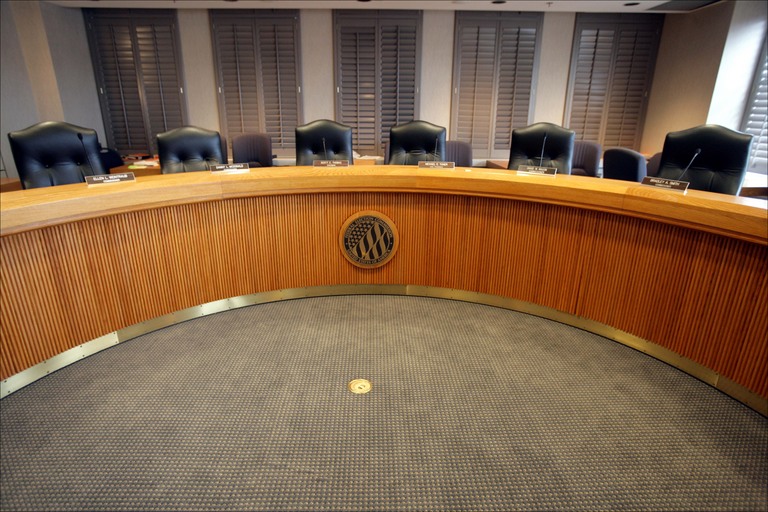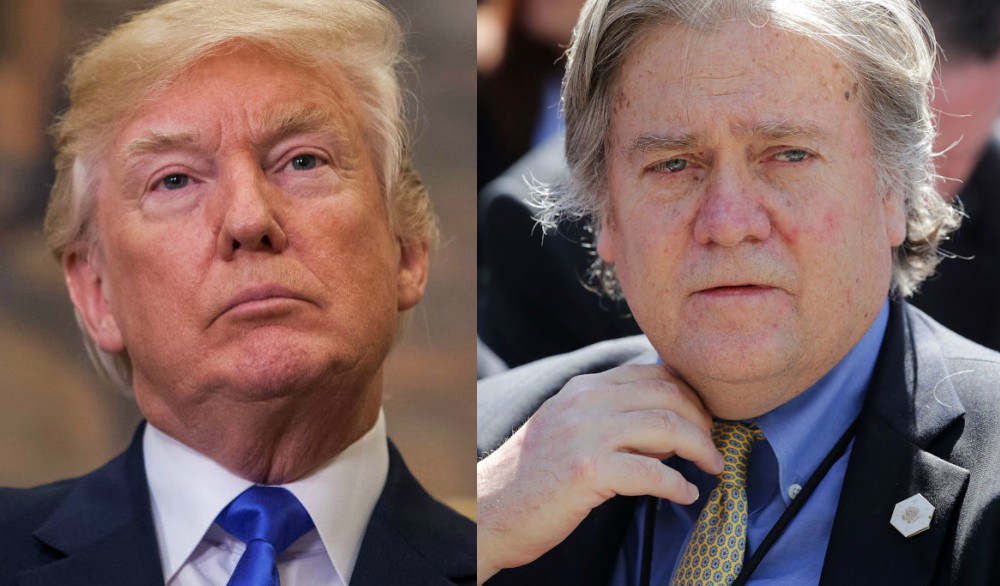The Supreme Court has said that political party committees have a First Amendment right to speak independently of and in coordination with the candidates they care about. McConnell v. FEC, 540 U.S. 93 (2003). Exercising both rights has always been tricky. How does one party committee of finite resources, managed at the end of the day by one executive, have its operation coach, coax and counsel candidates, yet, at the same time, advertise independently? The answer is “With firewalls”; to subdivide operations within the operation: one political director managing interactions with the campaigns, and another to manage independent expenditures.
But firewalls bother Representative Shays and his reform allies, who have filed suit against the the Federal Election Commission for recognizing the concept in its latest rules on coordinated communications. The reformers complain that the Commission’s rule “[d]oes not require a complete firewall. Rather, it allows ‘common leadership’ of an organization to operate on both sides of the wall, thus permiting, for instance, the head of an organization to communicate both with those employees in the organization working directly with a candidate and those employees who are spending money for the organization on behalf of that candidate in a purportedly ‘independent’ capacity.” Complaint for Declaratory and Injunctive Relief at 27-28, Shays v. FEC, No. 1:06CV01247 (D.D.C. filed July 11, 2006).
We find it interesting that Washington Post editorial page editor Fred Hiatt mentions firewalls as the way the Post makes sure its candidate endorsements occur independently of its news division. Fred Hiatt, “How We Endorse, and Why”, Washington Post, A17, September 11, 2006.
[W]e operate totally independently from each other. Leonard Downie, the executive editor, has no input into our endorsements — he doesn’t even know when they are coming — and our editorial endorsements have no influence on how Downie and his staff cover campaigns. Downie oversees the news staff, I oversee the editorial and op-ed pages, and neither of us reports to the other.
Hiatt, supra. We would presume, however, that both Hiatt and Downie report to Chairman Donald Graham or President and General Manager Stephen Hills; common leaders likely operating on both sides of the wall Hiatt and Downie have constructed. The Post has finite resources; the buck(s) must stop somewhere.
Management and structure aside, Hiatt rightly takes pride in the fact his operation makes endorsements, calling it one of the paper’s “most important responsibilities — one we take very seriously.” Id.
We spend all of our time in between elections telling officials what to do, advocating for the ideal, arguing for what we think is right. But then, on Election Day, the ideal isn’t on the ballot. Instead, there’s a concrete choice between two or more flawed human beings. Generally, none of them agrees with us on every issue … yet we urge voters to do their civic duty and make their best choices… .
Voters will base their choices on many considerations; we hope our endorsement … will be one of them… .
Like everyone else, we’ll win some, we’ll lose some — and some of the ones we win, we may come to wish we’d lost. But that won’t stop us from weighing in again next time around.
Hiatt, supra.
Would that Hiatt’s editorial page, and the reformers that feed it, felt the same way about our nation’s political parties. It is the parties that spend all their time between elections advocating the ideal in issues and platform. The political parties are the moderating force in American politics; the ones who understand best the concrete choices between flawed human beings. They are the most affected by the Post’s push four years ago to drain them of their resources, and those with the most to lose if the reformers now knock out their firewalls. They know voters will base their choices on many considerations, and know the Post’s endorsements are more amplified relative to their own in a post-McCain-Feingold world. The political parties know they have lost some. But that won’t stop them from weighing in again next time around.














